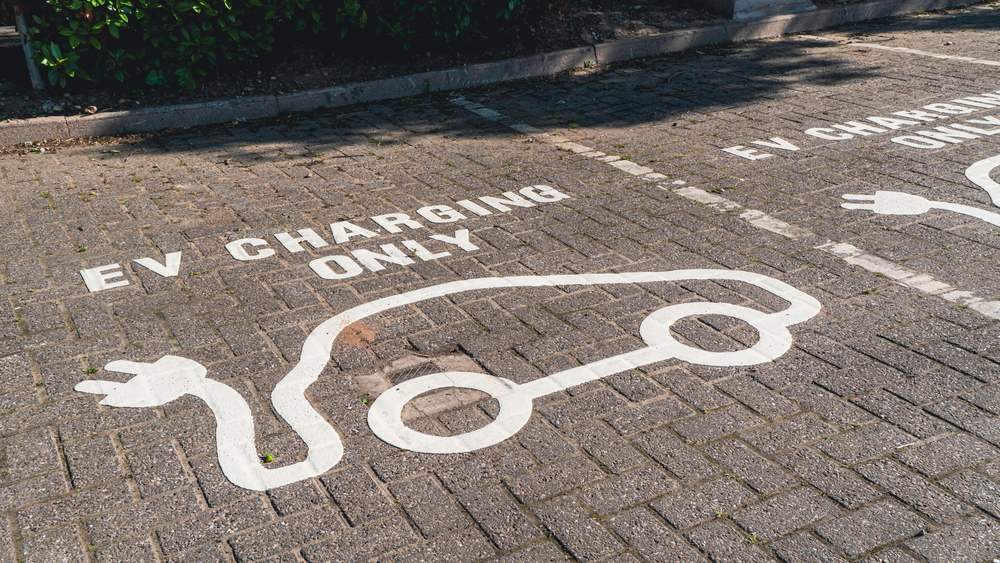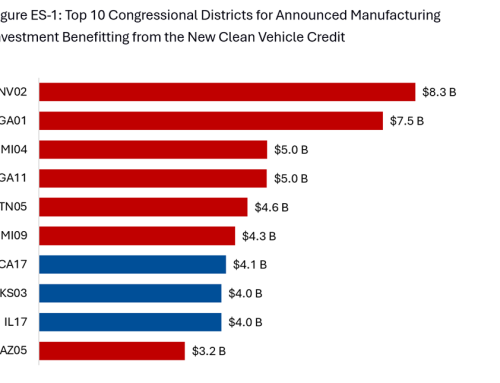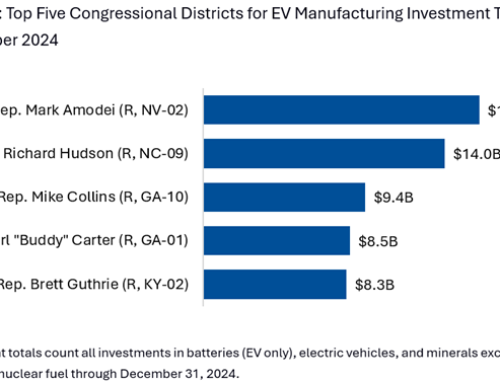
Image Source: Shutterstock
Last week, the Biden administration opened the second round of applications for the Charging and Fueling Infrastructure (CFI) Discretionary Grant Program, making available nearly $1.3 billion for electric vehicle (EV) charging and alternative-fueling infrastructure in urban and rural communities and along designated highways, interstates, and major roadways.
For context, the CFI program distributes $2.5 billion in funding from the Infrastructure Investment and Jobs Act (IIJA) over five years to develop charging infrastructure through two main tracks: community charging and corridor charging. Community charging grants focus on underserved, rural, and low-income communities, while corridor charging grants prioritize fueling infrastructure along alternative fuel corridors (AFCs).
Awards from the first round of CFI funding were announced earlier this year in January. We summarized those awards in a previous digest. To recap, nearly $623 million was awarded across 47 charging and fueling infrastructure projects in 22 states and Puerto Rico, as well as two Tribes. Approximately $310 million was granted to 36 community projects, including two Arizona Tribes, and $312 million was granted to 11 corridor projects. During this first round, 84 percent of the funding, or $524 million, was awarded to EV charging projects, aiming to facilitate the construction of 7,500 charging ports, and the remaining 16 percent of the funding went to hydrogen fueling projects.
One key difference between the first round of funding and this new round is that, for EV charging projects, the maximum distance from an AFC has been increased from one mile to five miles, aligning with the maximum distance for other CFI-eligible fuels. According to the Joint Office, this adjustment will help “connect corridors to communities, increase flexibility for developers, help utilities incorporate new load into the grid, and accelerate deployment of charging infrastructure.”
As a further effort to connect communities and corridors, this round of funding will prioritize applicants who propose charging projects at multifamily dwellings, for multimodal fleets, and curbside charging in towns and cities.
First-round applicants who were not successful now have another chance, with $520 million reserved for unselected first-round applicants. The Federal Highway Administration (FHWA) will contact these unselected round 1 applicants directly about this opportunity.
States, metropolitan planning organizations, local government port authorities, Indian Tribes, U.S. territories, and more, can apply for this funding. Applications are due by August 28, 2024, and previously unselected applicants will have to request the FHWA’s reconsideration by July 1st. More details on applying can be found here.

